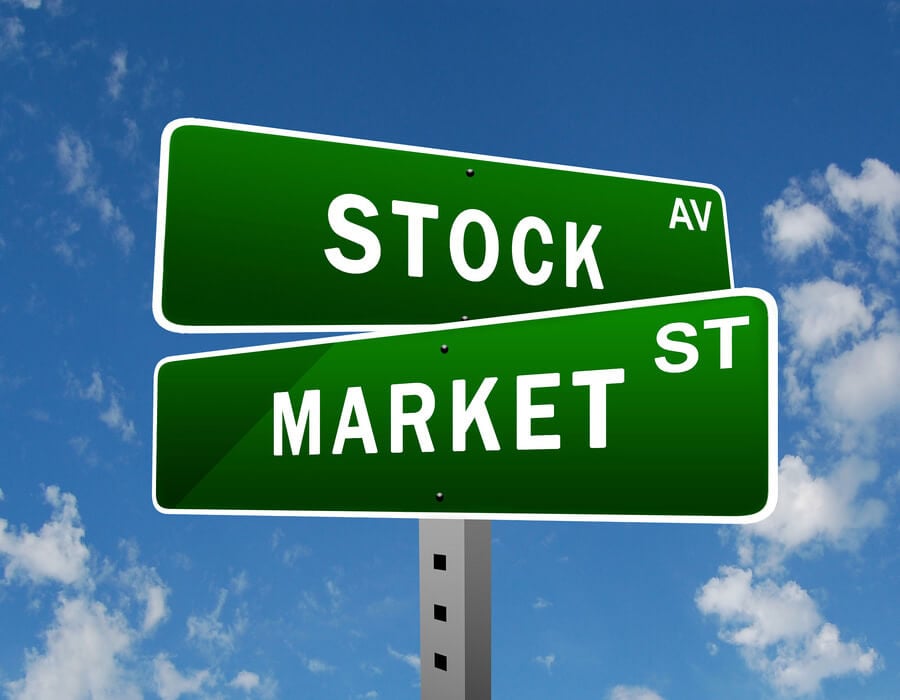Deep value picks from Francis Chou
Chou posts double digit gains but still has a lot sitting in cash
Advertisement
Chou posts double digit gains but still has a lot sitting in cash

| Name | Price | P/B | P/E | Earnings Yield | Dividend Yield |
|---|---|---|---|---|---|
| BCE (BCE) | $54.01 | 4.15 | 18.12 | 5.52% | 4.81% |
| Potash Corp (POT) | $41.13 | 3.34 | 20.34 | 4.92% | 4.71% |
| CIBC (CM) | $91.01 | 1.98 | 12.54 | 7.98% | 4.66% |
| Rogers (RCI.B) | $43.19 | 4.06 | 16.55 | 6.04% | 4.45% |
| National Bank (NA) | $45.88 | 1.74 | 10.5 | 9.52% | 4.36% |
| Bank of Nova Scotia (BNS) | $62.78 | 1.62 | 10.98 | 9.11% | 4.33% |
| Bank of Montreal (BMO) | $75.05 | 1.42 | 11.86 | 8.43% | 4.26% |
| Shaw (SJR.B) | $28.61 | 2.9 | 15.98 | 6.26% | 4.14% |
| Royal Bank (RY) | $75.19 | 2.11 | 11.95 | 8.37% | 4.10% |
| TD Bank (TD) | $53.43 | 1.69 | 12.78 | 7.82% | 3.82% |
Share this article Share on Facebook Share on Twitter Share on Linkedin Share on Reddit Share on Email